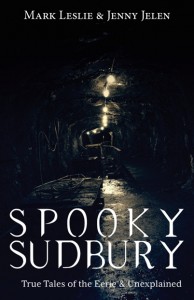The Nunavut Impact Review Board has dismissed a motion from Oceans North to suspend the review board’s assessment of Baffinland Iron Mines Corp.’s railway-based phase two expansion plan for the Mary River iron mine.
In front of a packed audience in Iqaluit’s Cadet Hall, the board presented its ruling on the motion from Oceans North, and two other motions, during the late afternoon of Sunday, Nov. 3. A public hearing on the phase two expansion is currently being held in Iqaluit from Nov. 2 to 6.
The notice of motion filed by Oceans North on Oct. 29 asked the board to suspend its proceedings until the NIRB had the chance to review a document called a preliminary offering circular.























